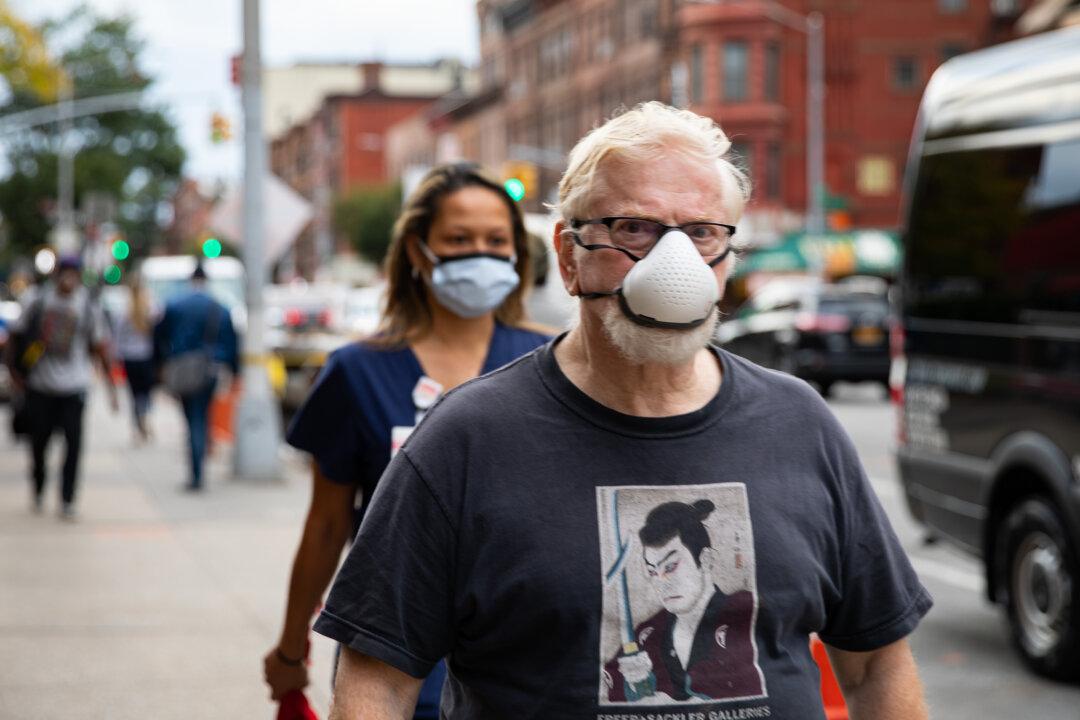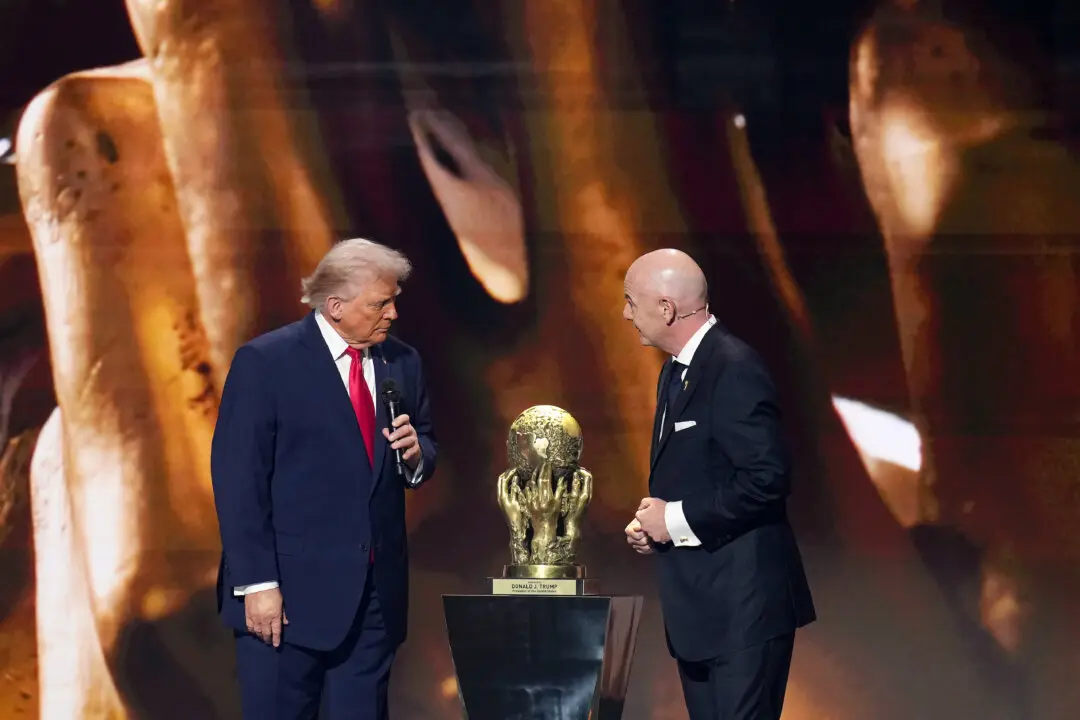Americans are raising their voices against mask mandates reintroduced by some institutions amid reports of rising COVID-19 cases—with some people calling recent infections an “election variant.”
On Aug. 20, Morris Brown College announced in an Instagram post that the institution has reinstated its COVID-19 mask mandate “effective immediately” due to reports of infections among students in the Atlanta University Center. All students and employees are mandated to wear face masks for a 14-day period, with students required to observe physical distancing.





